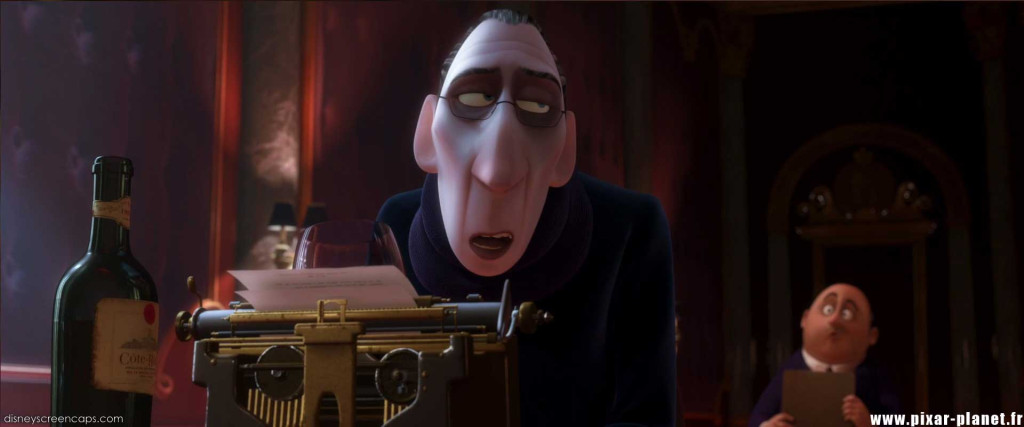In the book Creativity Inc, By Ed Catmull at one point he talked about the importance of protecting the new. He then quoted the amazing monologue delivered by Anton Ego in Ratatouille.
In many ways, the work of a critic is easy. We risk very little, yet enjoy a position over those who offer up their work and their selves to
our judgment. We thrive on negative criticism, which is fun to write and
to read. But the bitter truth we critics must face is that, in the
grand scheme of things, the average piece of junk is probably more
meaningful than our criticism designating it so. But there are times
when a critic truly risks something, and that is in the discovery and
defense of the new. The world is often unkind to new talent, new
creations. The new needs friends. Last night, I experienced something
new, an extra-ordinary meal from a singularly unexpected source. To say
that both the meal and its maker have challenged my preconceptions about
fine cooking is a gross understatement. They have rocked me to my core.
In the past, I have made no secret of my disdain for Chef Gusteau’s
famous motto: ‘Anyone can cook.’ But I realize, only now do I truly
understand what he meant. Not everyone can become a great artist, but a
great artist can come from anywhere. – Anton Ego
I have always been an innovative person who learns through iteration, trial and error. I find however as I grow older that I more easily stick to what I know because I know it works. The beauty of age is experience. The danger of age is becoming critical of the new. I meet many people who talk more about what they have done than what they are doing. [Tweet “Being a critic is much less costly than being an artist.”]Being a critic is much less costly than being an artist. Left to ourselves we slip into the criticism of the new rather than become a friend of the new.
One of the biggest challenges I face as a campus pastor is people don’t like the new. As a kids pastor I was hidden no one saw what I did. It was thankless at times yes, but because I was hidden away the new had time and space to grow. In leading a campus I find that new doesn’t have time or space. [Tweet “Adults are far more critical of new than are kids. Kids embrace the new not as an inconvenience but as an adventure.”] Adults are far more critical of new than are kids. Kids embrace the new not as an inconvenience but as an adventure. If you are going to reach the next generation you have to be a friend of the new. I so fear becoming a critic that at the first dawn a critical thought and careless attitude in me toward the new I fight with all that I am.
Here are for steps I take to fight my inner critic and befriend the new
1. Put myself in another environment to see how they treat the problem – Leaders all treat problems the same way, you want to innovate read books by teachers talk to parents. Get outside of your closed system of thought and see how other people tackle problems transfer what is a principle, leave what is a preference.
2. Read old books – Hold it. New problems need new solutions. Nope. If you think up a new solution that solution you just came up with is an old idea with no one getting the credit. Every new idea is an old idea in new clothing. Old ideas give you solutions to your problems because the applications in old books are usually outdated allowing the principles driving them to shine through. Old books are harder to read so they force you to actively read not passively consume.
3. Listen. Putting yourself out there is far more difficult that shooting people down. Critics talk. Friends of the new Listen. Really listen. Don’t think how you can change the idea to make it better don’t think of your next question or comment just listen.
4. Shut everything off and think – I often get stuck in the old because I don’t take time to think. Every new idea I get comes from unplugged Sam who turns around and shares it at work, in conversations, at conferences, and on this blog. That’s fine but the new needs time the new needs space. The new grows outside of our connected world and is then applied and spread through our connected world. Disconnect, grow the new. Reconnect, share the new.
5. Write it down. Absolutely loved what Charles Lee said at CPC this year. He said write down your new ideas. If you talk about your ideas before you write them down they are 80% less likely come to reality. The reason for that? Our brain tricks us into believing that if we talk about our idea we are actually doing something about them. And… we actually are not. Don’t talk about the new write down the new.
My plea to those of you reading this is to befriend the new. The new needs friends.

